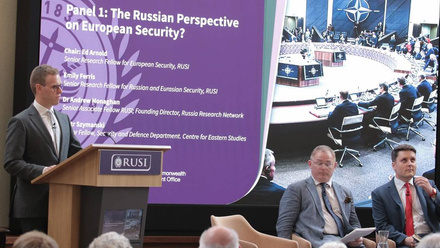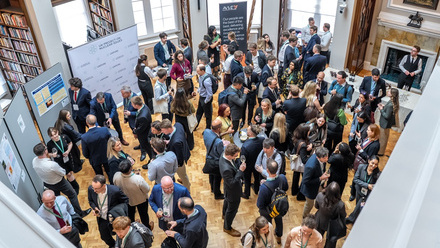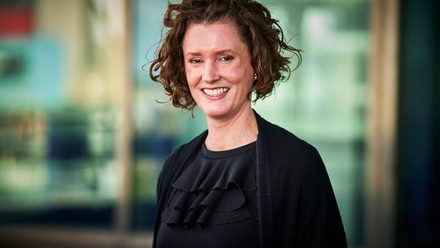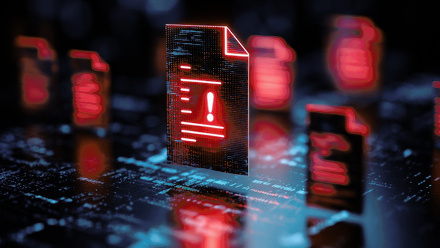Overview
Euro-Atlantic strategic stability has significantly deteriorated since 2022. Russia’s war on Ukraine has also heightened nuclear risks in Europe. Meanwhile, the Trump administration’s shift towards an ‘America First’ foreign policy has profound but uncertain implications for the UK, Europe, and multilateral security. In response, the UK and Europe are increasing rearmament efforts to strengthen defence and deterrence.
This conference will explore contemporary national debates on how Europe is tackling this rapidly shifting security environment and seek to identify key emerging trends as well as outline new strategic thinking. Specifically, it will consider the UK position following the NATO Hague Summit, the UK-EU summit and the Defence and Security Partnership, and the publication of the UK Strategic Defence Review and National Security Strategy documents.
Agenda
0930 - 1000 Registration, tea and coffee
1000 - 1015 Welcome and Opening Remarks
- Rachel Ellehuus, Director General, RUSI
1015 – 1130 Panel 1 ‘The Russian perspective on European security?’
- How does Russia understand and interpret the threat posed by European rearmament?
- Given Moscow's understanding of threat perceptions, how should the Euro-Atlantic community engage with Russia, and what institutional architecture could Russia sign up to in future?
- How could Russia use inadvertent escalation or opportunistic aggression towards Europe to achieve its strategic goals? And by when?
- How does China support Russia’s ambitions in Europe? How is China approaching Euro-Atlantic security?
Panellists:
- Emily Ferris, Senior Research Fellow for Russian and Eurasian Security, RUSI
- Dr Andrew Monaghan, Senior Associate Fellow RUSI; Founding Director, Russia Research Network
- Piotr Szymanski, Senior Fellow, Security and Defence Department. Centre for Eastern Studies (OSW)
Chair: Ed Arnold, Senior Research Fellow for European Security, RUSI
1130 – 1215 – RUSI Chair Keynote ‘The UK approach to Euro-Atlantic security’
The Rt. Hon. Sir David Lidington KCB CBE, RUSI Chair
Chair: Malcolm Chalmers, Deputy Director General, RUSI
1215 – 1315 Lunch
1315 – 1430 Panel 2 ‘How to keep NATO together’
- What are the implications for Europe of the ongoing US National Defense Strategy review and the future of the US military presence in Europe?
- What could a European pillar in NATO look like in practice? What steps need to be taken and by whom?
- Where are there significant European dependencies or vulnerabilities?
- What are the most promising European opportunities for rearmament? How best can this be paid for?
- What can Europeans collectively offer to the US to support burden shifting and sharing?
Panellists:
- Professor Mark Webber, Professor of International Politics, University of Birmingham
- Oana Lungescu, Distinguished Fellow, RUSI
- Dr Katherine Wright, Senior Lecturer in International Politics, University of Newcastle
Chair: Matthew Savill, Director, Military Sciences, RUSI
1430 – 1545 Panel 3 ‘A new era of nuclear deterrence in Europe’
- What is the role of nuclear deterrence in the future of the Euro-Atlantic security architecture?
- What role is the US likely to play in the future of deterrence (conventional and nuclear) architecture in the European theatre?
- How will the requirements and roles of the UK and French nuclear deterrents change to respond to pacing challenges to Euro-Atlantic security?
- What could be the institutional, decision-making and financial arrangements between European nuclear and non-nuclear states?
- How will conventional and nuclear capabilities interact in meeting the deterrence requirements in the European theatre? What role can the US, the nuclear European states and the non-nuclear European states play in providing an effective approach to integrated deterrence?
Panellists:
- Professor Alexander Mattelaer, Senior Research Fellow, Egmont Institute; Associate Professor, Centre for Diplomacy Security and Strategy, VUB Brussels School of Governance
- Mariana Budjeryn, Senior Research Associate, Project on Managing the Atom, the Harvard Kennedy School Belfer Center
- Professor Michal Onderco, Department of Public Administration and Sociology at Erasmus University Rotterdam.
- Paul Schulte, Honorary Professor, University of Birmingham; Senior Visiting Fellow, Centre for Science and Security Studies, War Studies Department, Kings College London
Chair: Darya Dolzikova, Senior Research Fellow, Proliferation and Nuclear Policy, RUSI
1545 – 1615 Coffee Break
1615 – 1730 Panel 4 ‘Maintaining European Unity and Maximising Security Cooperation’
- How can European multilateral security organisations (NATO, OSCE, EU) best be adapted and modernised to respond to the fast-changing security environment? How could future revisions affect European security?
- What are the drivers towards ad hoc (E3, Quad, Quint, E5, Weimar+ etc) and ‘coalition of the willing’ European formats outside existing organisations? What are their roles in structuring and managing European security? What are the implications for European security and defence governance?
- How best can NATO and the EU cooperate and coordinate in the future? What reforms need to happen?
- How best can the OSCE and its core functions be reformed as a repository for key European security agreements and norms, a platform for dialogue, and a leading format for arms control, confidence building and conflict prevention?
Panellists:
- Roderich Kiesewetter MdB, foreign policy spokesman of the CDU in the Bundestag
- Gesine Weber, Fellow Geostrategy, German Marshall Fund
- Armida van Rij, Senior Research Fellow, Europe Programme, Chatham House
- Dr Luigi Scazzieri, Senior Policy Analyst, European Union Institute for Security Studies
Chair: Professor Richard G Whitman, Senior Associate Fellow, RUSI
1730 – 1830 Networking reception in the RUSI Library




